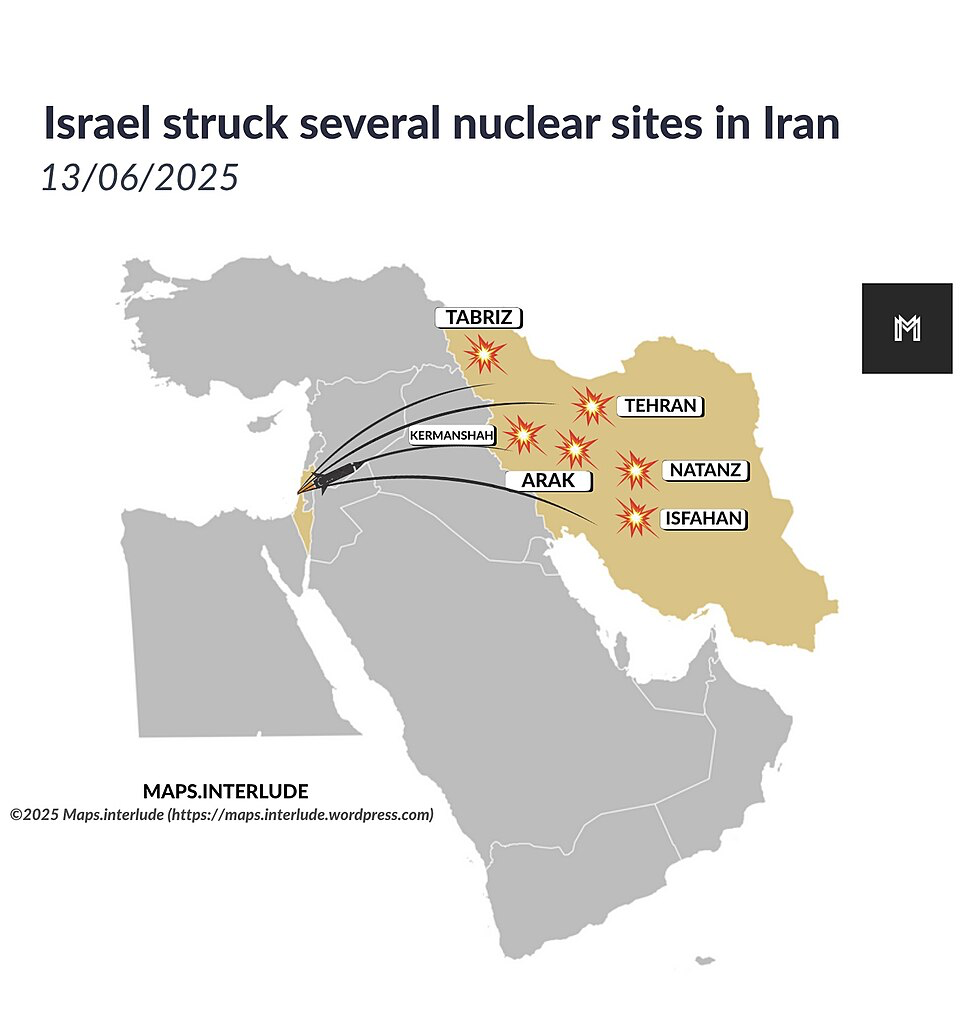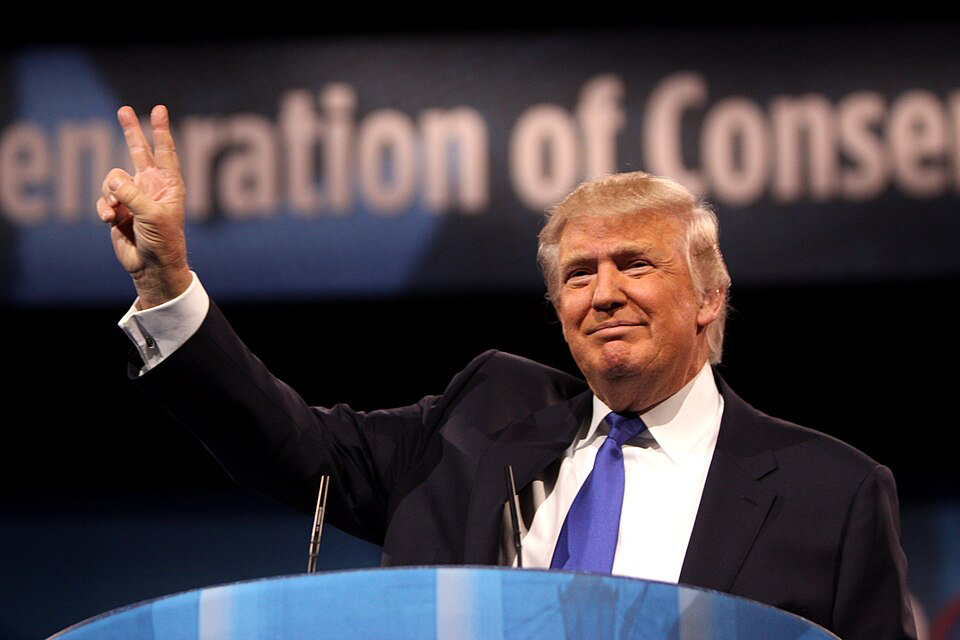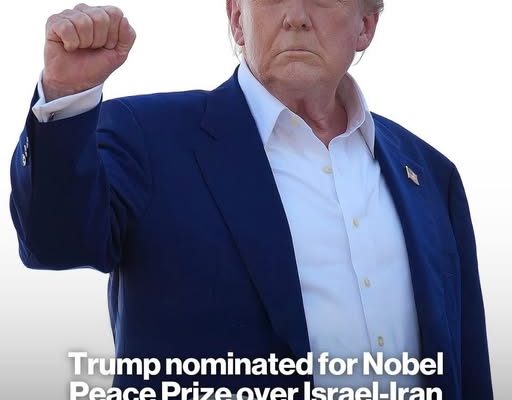Rep. Buddy Carter nominated Donald Trump for the Nobel Peace Prize, sending his letter to the Nobel Committee on Tuesday. The letter praised Trump’s “extraordinary and historic role” in ending what people are calling the 12-Day War between Israel and Iran.
As Carter was typing up his glowing recommendation, missiles kept flying between the two countries, and the ceasefire Trump had announced was already collapsing. It raises a question about peace prizes and broken truces. Can you win an award for stopping a war that didn’t stop?
The 12-Day War and Ceasefire Details
The war started when Israel launched a preemptive strike against Iran. Israel claimed Tehran was dangerously close to getting nuclear weapons.

For over a week, the two countries traded rocket fire back and forth. Then the U.S. joined in. They struck three Iranian nuclear facilities in what officials called the largest B-2 strike in U.S. history.
Trump announced the war’s end late Monday afternoon, with a ceasefire meant to go into effect overnight Tuesday. Israeli officials thanked Trump and the United States for their support. They said they’d achieved their objectives of eliminating Iran’s nuclear threat. For a few hours, it looked like another Trump peace deal was in the books.
The terms seemed straightforward enough. Both sides would stop shooting at each other, Israel would halt its attacks on Iranian nuclear facilities, and Iran would stop launching ballistic missiles at Israeli cities.
Trump Nominated for Nobel Peace Prize Too Soon
Carter’s letter praised Trump for ‘preventing the world’s largest state sponsor of terrorism from obtaining the most lethal weapon on the planet. He wrote that Trump’s influence was “instrumental in forging a swift agreement that many believed to be impossible.”
The timing created an awkward situation. Carter submitted this nomination on Tuesday, but within hours of the supposed ceasefire, Israel was already accusing Iran of breaking the agreement. Reports showed Iran had fired two ballistic missiles after the ceasefire should have taken effect so much for that swift agreement.
It’s like those premature “Mission Accomplished” banners, but with international diplomacy. Sometimes you’ve gotta wait to see if the mission stays accomplished before you start handing out the awards.
Ceasefire Already Cracking
By Tuesday evening, both sides were pointing fingers about who violated the ceasefire first. Israeli Defense Minister Israel Katz ordered his military to “respond forcefully to Iran’s violation of the agreement.” Iran, meanwhile, insisted there was “NO ‘agreement’ on any ceasefire” in the first place.
Trump lost his cool. The frustrated president, who had just been nominated for the Nobel Peace Prize thanks to this very deal, told reporters that same day, “We have two countries that have been fighting so long and so hard that they don’t know what the f–k they are doing.” He’d just announced this great peace deal, and the two nations started lobbing missiles at each other again.
Axios reported that under pressure from the White House, Israeli Prime Minister Benjamin Netanyahu significantly scaled back planned retaliation. But the damage had already destroyed the truce’s credibility.
A Pattern of Peace Problems

This isn’t the first time the president’s peace efforts have hit bumps in the road. Take Pakistan, for example. The Pakistani government credited Trump’s “decisive diplomatic intervention” in helping resolve a crisis with India. They announced they’d formally recommend him for the Nobel Peace Prize. Less than 24 hours later, they condemned Trump for bombing Iranian nuclear facilities. They said the strikes “constituted a serious violation of international law.”
Then there’s Ukraine. Oleksandr Merezhko, a Ukrainian politician who had nominated Trump for the prize in November, withdrew his nomination on Monday morning. Merezhko told sources he had “lost any sort of faith and belief” in Trump and his ability to secure a ceasefire between Moscow and Kyiv.
Trump had returned to the White House in January, pledging to end Europe’s largest land conflict since World War II in just 24 hours. But as weeks turned into months, that promise started looking more like wishful thinking than foreign policy.
Trump’s Nobel Peace Prize Obsession
Trump has long craved the Nobel Peace Prize, especially since the committee awarded former President Obama the prize just months into his presidency. Just last week, Trump posted on social media, “I won’t get a Nobel Peace Prize no matter what I do, including Russia/Ukraine, and Israel/Iran.”
The president has grumbled that he received no credit for ending a conflict between Pakistan and India. The committee awarded Obama the prize for his “extraordinary efforts to strengthen international diplomacy and cooperation between peoples” and his push to curb nuclear weapons.
But some Republicans think he’s wrong about that. Senator Katie Britt seemed confident, declaring “President Trump is gonna win the Nobel Peace Prize. No doubt.”
Other GOP lawmakers have jumped on the bandwagon. South Carolina’s Nancy Mace said Trump “did what Biden and Obama could NEVER do,” adding “PEACE THROUGH STRENGTH.”
The Nobel Prize website shows 338 candidates nominated for the 2025 award so far, which now includes Trump now, even though his latest peace deal already shows cracks.
The Real Question About Broken Peace
Can you win a Nobel Peace Prize for a peace that doesn’t last? Trump’s “peace through strength” philosophy might work in theory. But the Nobel Committee usually awards peace prizes to people who create lasting solutions, not temporary ceasefires that collapse while the nomination letter is still being written.
The committee has until January to decide on next year’s winner. By then, we’ll know whether Trump’s Israel-Iran ceasefire was a durable peace deal or just a brief timeout in a much longer conflict. Either way, the timing of Trump being nominated for the Nobel Peace Prize will probably go down as one of the more optimistic moments in recent diplomatic history.



